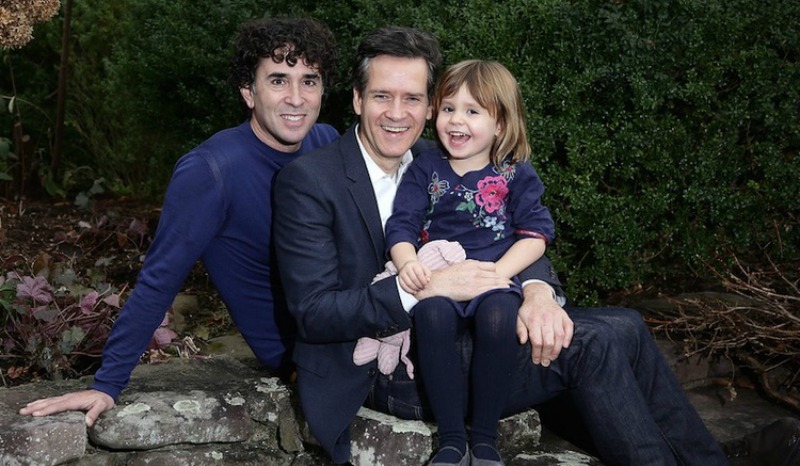Colombia Recognizes Gay Unions
Colombia’s Congress voted to recognize gay unions, approving a bill to give same-sex couples full rights to health insurance, social security and inheritance benefits. The measure would make Colombia the first country in Latin America to extend such rights to gay couples, a prospect celebrated by gay rights advocates from Buenos Aires to New York.
The lower house of Congress approved the bill 62 to 43 on Thursday night after a long lobbying effort by gay rights activists, who argued that gay couples have a human right to the benefits that heterosexual couples enjoy. In the Americas, only Canada has approved a similar law. In the United States, a handful of states entitle gay couples to health and other benefits. But those rights are not recognized nationally, and several states have approved laws prohibiting gay unions.
“I think this is an incredible victory that should resonate across both continents, north and south,” said Scott Long, director of the gay rights program at Human Rights Watch in New York. “It should definitely be an example to the United States. Colombia is a country that’s Catholic, with a conservative government, and they still recognize that this is the right thing to do.”
Colombia, like most Latin American countries, does not have fundamentalist groups with the kind of influence and funding to launch a national campaign against gay rights. But it does have a powerful Catholic Church, which argued that extending rights to same-sex couples would violate church doctrine. “This gives legal sanctity to families that are artificial and false,” said José Galat, a prominent Catholic activist.
After a long public battle, advocates from groups such as Diverse Colombia slowly won over many lawmakers in Congress. Among those who support the bill is President Álvaro Uribe, a conservative Catholic. He is expected to sign the measure.
Elizabeth Castillo, a lawyer and gay rights advocate, said activists succeeded by shifting the debate from morality to human rights. The country is still in the midst of a long guerrilla conflict marked by widespread rights violations. But human rights groups have increasingly gained prominence here in recent years — a trend that helped the gay rights movement.
“This argument was never based on moral or religious grounds, even though the detractors always went to the religious and moral arguments,” Castillo said.
Compared with Bogota, the capital, other Latin American cities have traditionally been considered more tolerant of gays; Mexico City and Buenos Aires have passed laws extending health and other benefits to same-sex couples. But Bogota has a thriving gay neighborhood, bars whose patrons are openly gay and a center that provides counseling and legal advice to members of the gay community. Local politicians, among them Mayor Luis Eduardo Garzón and prominent members of Congress such as Sen. Armando Benedetti, have supported the drive to give more rights to gay couples.
Still, activists say violence against gays is not uncommon and discrimination remains a recurring problem. Castillo said that even with the new law, many partners in gay relationships would probably be denied health and other benefits.
“It’s possible things won’t change for some people,” Castillo said, “as if the law had never been passed.”


